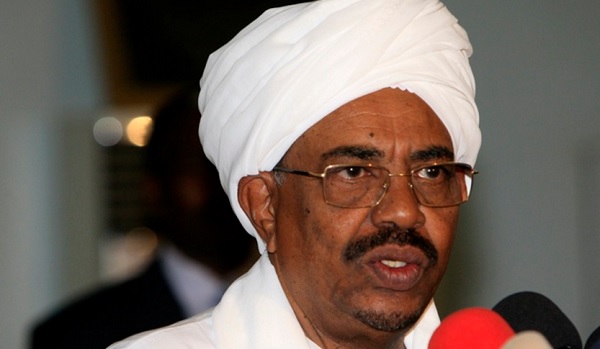
John Hursh | AFRICAN ARGUMENTS | On 6 October, the US government announced that it would revoke the majority of economic sanctions imposed on Sudan. Many of them had been in place for two decades.
Numerous governments, organisations, and commentators welcomed the decision. Sudan expert Alex de Waalcalled the move “long overdue”, while UN Special Rapporteur Idriss Jazairy noted the negative effect sanctions had had on Sudan’s vulnerable populations.
Many in Sudan also celebrated the announcement. After all, in principle, the removal of sanctions will help grow the economy. Previously prohibited foreign companies will be allowed to do business in the country again, while Sudanese banks again will be able to complete dollar transactions and reconnect to the international financial system.
However, in practice, the economy continues to show little gain and numerous problems. The most glaring derive from the government’s misguided economic policies, especially its massive spending on military and security combined with underinvestment in health care, housing, education, and infrastructure.
Until the government of President Omar al-Bashir commits to significant economic reforms, the removal of sanctions will do little to improve the economy or better the lives of most Sudanese.
#Sudan has blamed its economic woes on sanctions, but since sanctions were removed in October, the economy has actually worsened https://t.co/gAqEHLLdk8
— African Arguments (@africaarguments) December 20, 2017
 The Independent Uganda: You get the Truth we Pay the Price
The Independent Uganda: You get the Truth we Pay the Price





